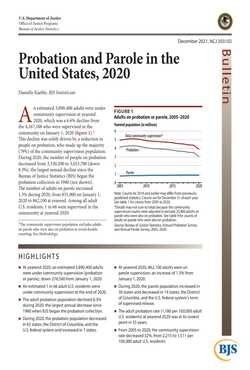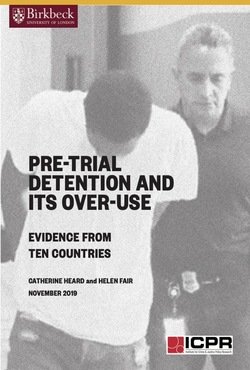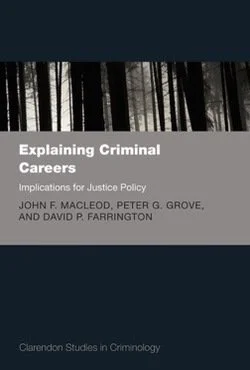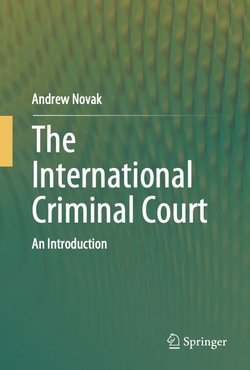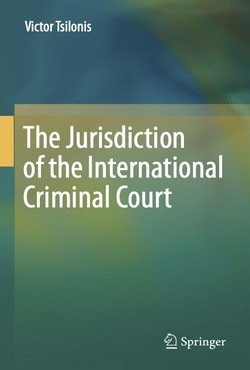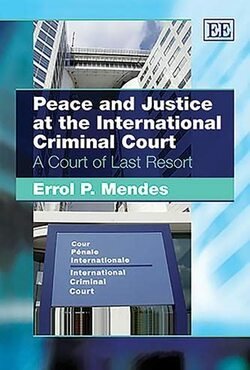By Edward Lazarus
From the cover: “ "Lazarus has opened a window on matters that are usually kept secret.... [He] should be praised... for shedding light where it is needed." —The Washington Post
Operating Within A Network Of Byzantine Secrecy. The United States Supreme Court is the most powerful judicial institution in the world. Nine unelected justices are charged with protecting our most cherished rights and shaping our fundamental laws.
In this eloquent, trailblazing account. Edward Lazarus, who served as a clerk to Justice Harry Blackmun, provides an insider’s guided torn- of a court at war with itself and often in neglect of its constitutional duties. Combining memoir, history, and legal analysis, Lazarus weaves together past and present to reveal how law, politics, and personality collide in the Courts inner sanctum. From conservative Chief Justice Rehnquist’s clandestine assault on Roe v. Wade to liberal champion Justice William Brennan's campaign to sabotage the death penalty, he shows us in astonishing detail not only the tragic failings of the modern Court but also what led to them and what it means for the country. The Supreme Court affects the life of every American every day.Closed Chambers will open the eyes of the nation to the realities of what takes place behind the closed doors of the institution that holds the power to resolve the most fiercely disputed issues of our time. Impeccably researched and impressively documented . . . will fascinate diehard court- watchers.” —The Boston Globe
“The Court needs critics—and members—with Lazarus's intellectual clarity and deep attachment to its best traditions.” —Los Angeles Times


